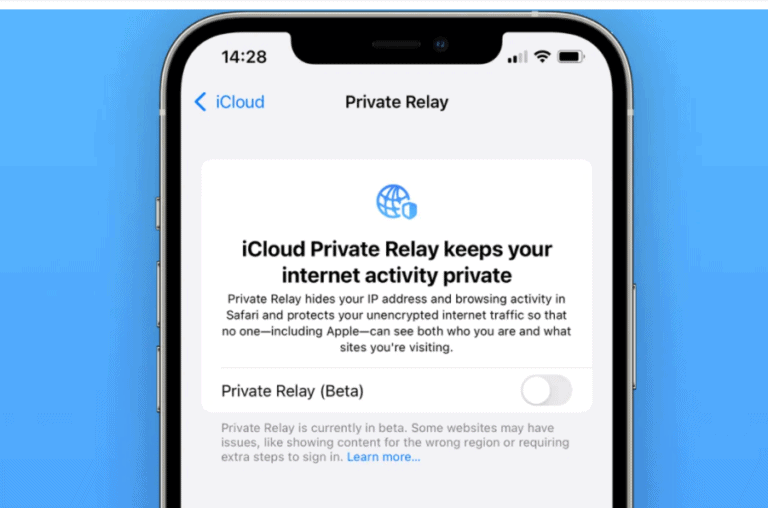Last year, iCloud got Private Relay, a feature that sets up an encrypted tunnel (much like a VPN) for all iPhone traffic that goes through Safari. Private Relay is currently available on the iOS 15 beta. It is not enabled by default- users have to opt-in.
The feature, according to Apple, makes it so that no one, not even Apple, knows who you are or what website you’re on. Carriers in Europe were not very happy about that feature. Operators like Telefonica, T-Mobile, and Vodafone signed an open letter via The Telegraph, voicing opposition to the rollout of the feature.
A concerning move by carriers
Some of the carriers are already blocking support for it, which has been seen in screenshots shared by iPhone users. The carriers say that Private Relay cuts off networks and servers from getting the network data and metadata, which they add significantly undermines European digital sovereignty.
It is not clear why these companies are speaking out against Private Relay when VPN companies have existed for a long time now, offering the same service. It could be that the companies see Private Relay as too easily available, which could mean more people end up using it.
Too easy?
The feature is built into iOS 15 and is available to anyone with a paid iCloud plan. The latest shipping release, iOS 15.2, does not have Private Relay turned on by default. Apple has said that it will be made standard once the beta testing phase is over. The Telegraph also said that the carriers have other concerns, including complaints to regulators from O2.
Availability of the feature is restricted geographically already and in compliance with local laws, it will not be offered in China, Belarus, Colombia, Egypt, Kazakhstan, Saudi Arabia, South Africa, Turkmenistan, Uganda, and the Philippines. Enterprise-managed devices can turn it off too.
